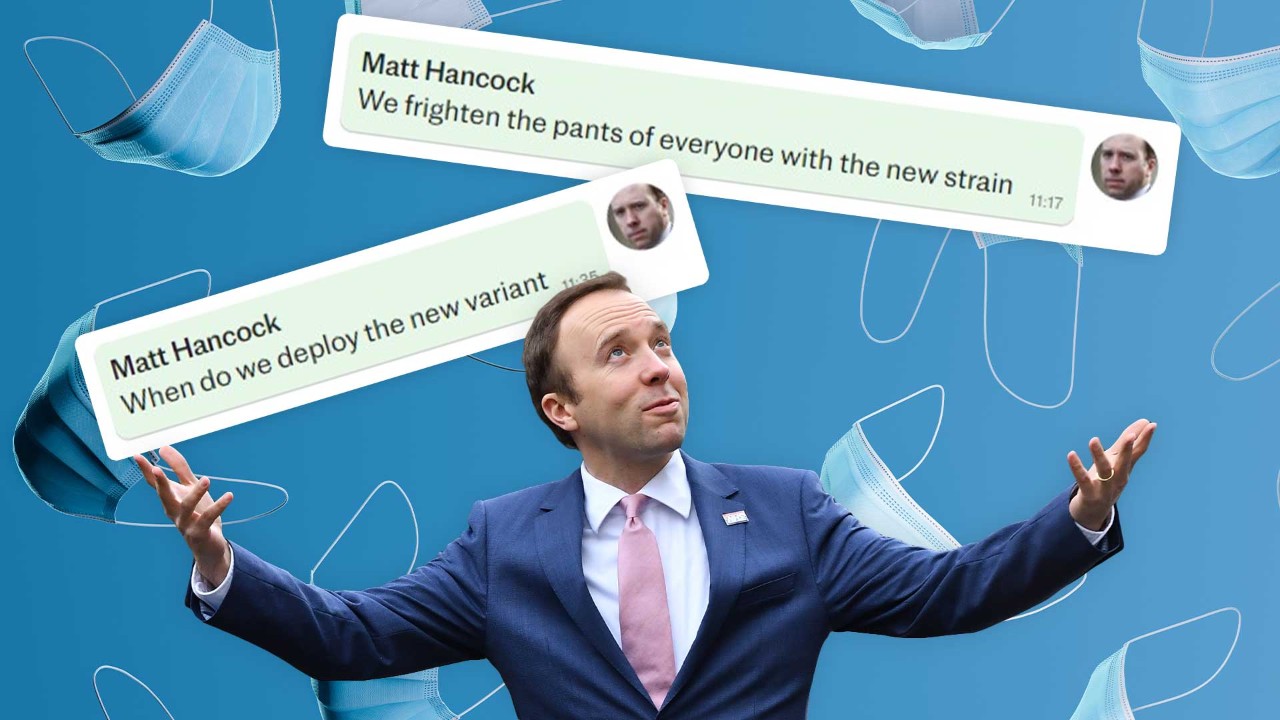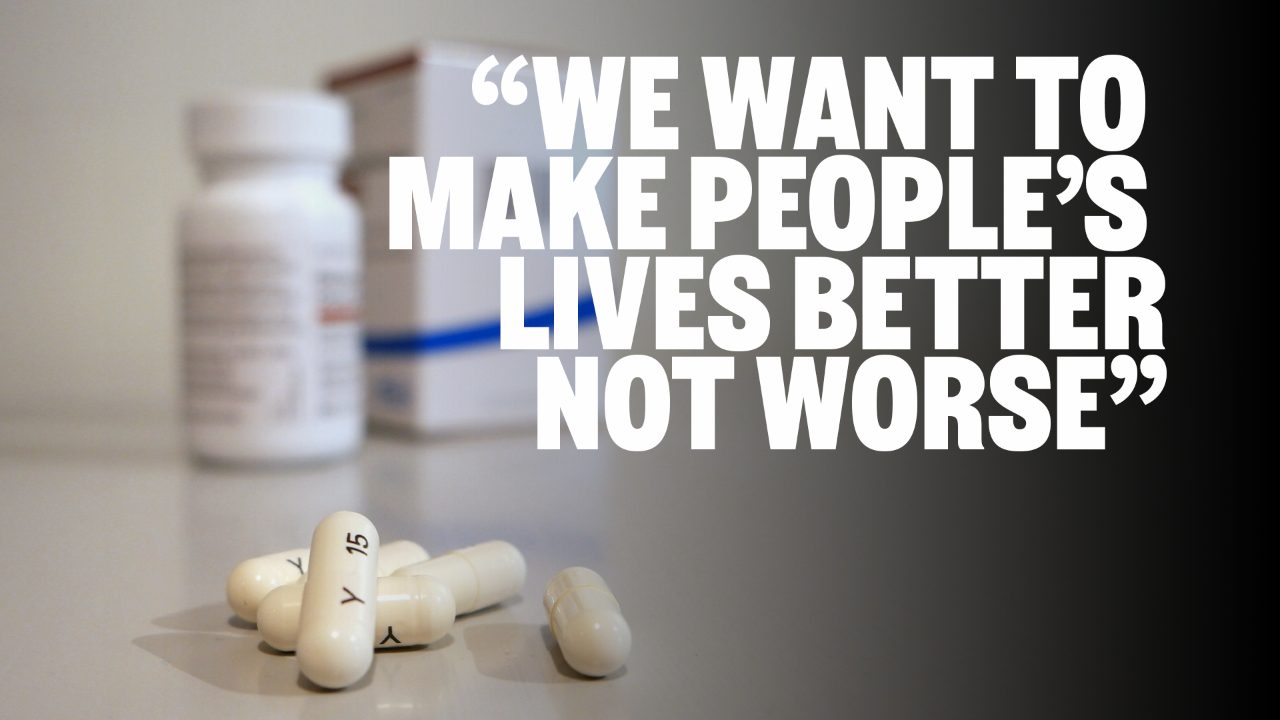The UN has now highlighted the impact on HIV infections - saying cases are rising - putting millions of lives at risk.
With the details, here’s our World News Editor Kate Gregan.
The pandemic shut down the world – schools, offices and stores were closed, and so too, were HIV prevention programmes.
A report from UNAids says COVID-19 has made the fight against the public health crisis more difficult, and new infections are rising where they had been falling.
Winnie Byan-yima is the programme's Executive Director.
"The response to the AIDS pandemic has been derailed, progress has been stalled, inequalities have widened, and resources have shrunk. Millions of lives are at risk."
Last year, there were 1.5 million new HIV infections and 650,000 AIDS-related deaths.
That's more than 4000 new HIV infections every day.
UNAids Deputy Executive Director, Matthew Kavanagh says the pandemic has made it difficult for many people to access services and receive the lifesaving treatment they need.
"Every minute the AIDS pandemic is taking a life. There were 1.5 million new infections and that's a million more people becoming HIV positive than what we knew was possible under global targets, that's a million lives that are now at stake."
The figures show young women and adolescent girls are at particular risk -- with a new infection every two minutes in this population in 2021.
Matthew Kavanagh also told the BBC that new infections aren't just restricted to one area.
"We are seeing in Eastern Europe, Latin America, the Middle East, North Africa, these are all places we have seen rising new infections over multiple years. In Asia-Pacific, the world's most populous region, we are now showing that for the first time where new infections have been falling, they are actually rising."
New infections have declined in Western and Central Africa, and in the Caribbean, but even in these regions, the HIV response is threatened by a tightening resource crunch.
UNAids says they're in desperate need of funding from high-income countries.... if not, they say their goal to end the HIV/AIDS pandemic by 2030 is at risk.
"We really have been on a track to try and get decreasing cases, to get to the end of AIDS by 2030 but instead we are seeing the exact opposite in many regions of the world."
Despite the setback, there has been news of a rare success story; Doctors in California say they have seemingly cured a 66-year-old man of HIV - the fourth case of its kind in the world.
















